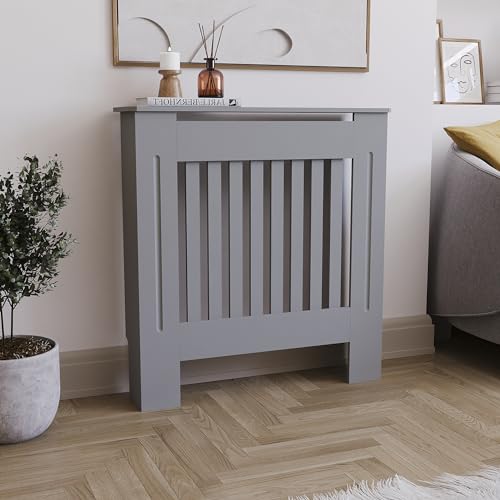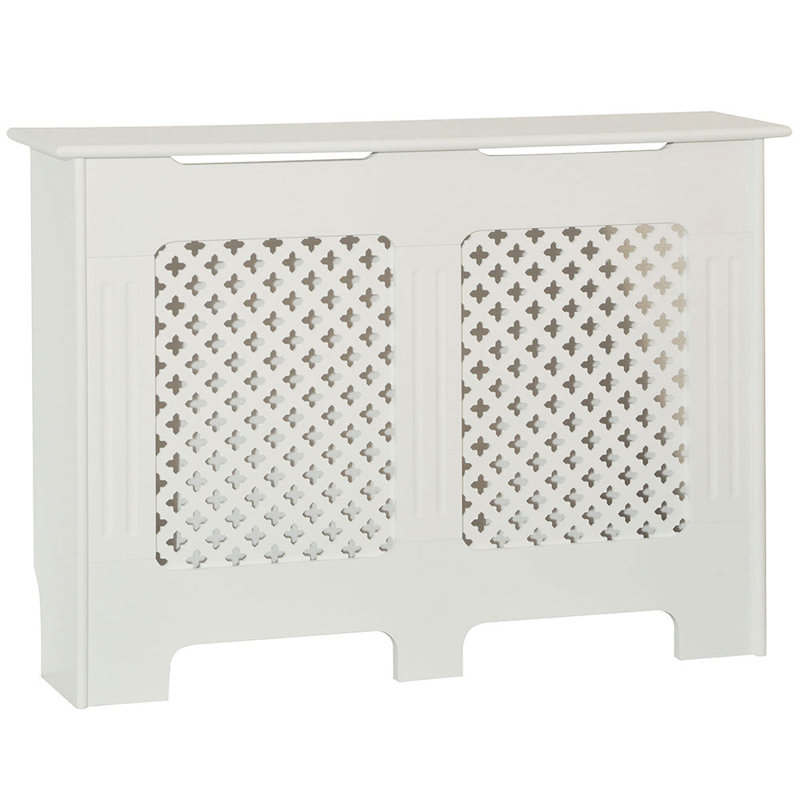Do radiator covers block heat? Experts explain what impact they can have on energy bills
Radiator covers might look good, but could they be adding to your energy bill and making your home colder?


Katie Sims
If you are the proud owner of an ugly radiator, you will almost certainly know the benefits of a radiator cover to hide the eyesore. But as we find ourselves amid a cost of living crisis with the energy price cap going up again this month it is important to consider do radiator covers block heat and waste energy before investing in one.
Radiator cover ideas stem from the fact that radiators are not particularly aesthetically pleasing. So covering the appliance with a specially designed piece of furniture that also doubles as a shelf is pretty ingenious, not to mention budget-friendly.
But not if it's preventing the heat from warming up our homes properly. So we asked the heating experts to reveal what impact the best radiator covers can have on your energy bill.
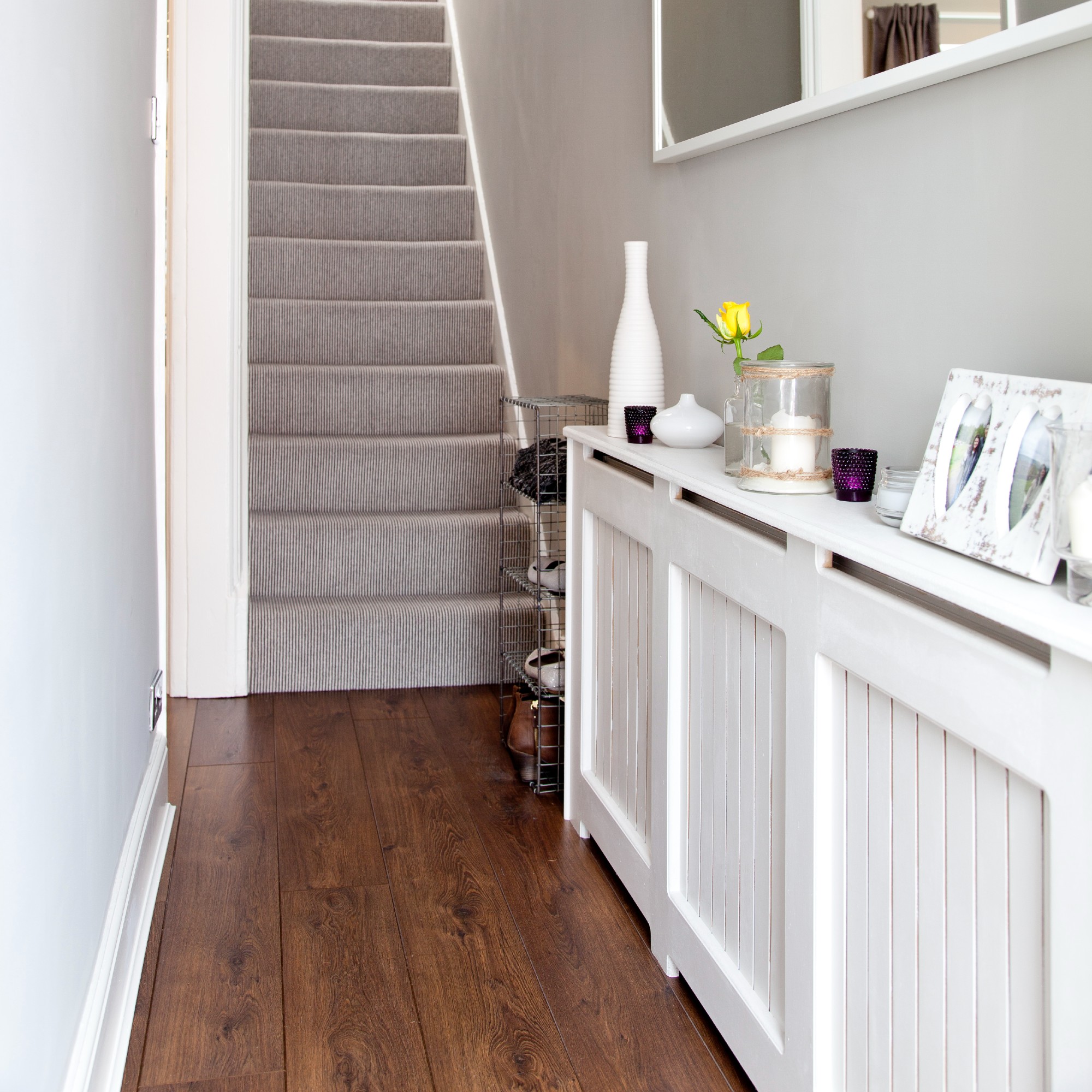
Do radiator covers block heat?
With the latest energy price cap change, energy prices have risen again. So we can’t tolerate anything wasting precious heat, even if it is pleasing to the eye.
But luckily for you and your home aesthetic, experts agree that radiator covers don’t block much heat, as long as your radiator cover adheres to a few rules.
‘Radiator covers do not block too much heat as long as they have sufficient gaps for it to escape,’ says Rhiannon Moore at Toolstation.
But Nancy Emery, heating expert at Drench, acknowledges that ‘putting a solid object around your heat source will affect the heat output as it acts as a barrier’. But as long as the cover has sufficient gaps, the heat blockage should be minimal.
Get the Ideal Home Newsletter
Sign up to our newsletter for style and decor inspiration, house makeovers, project advice and more.
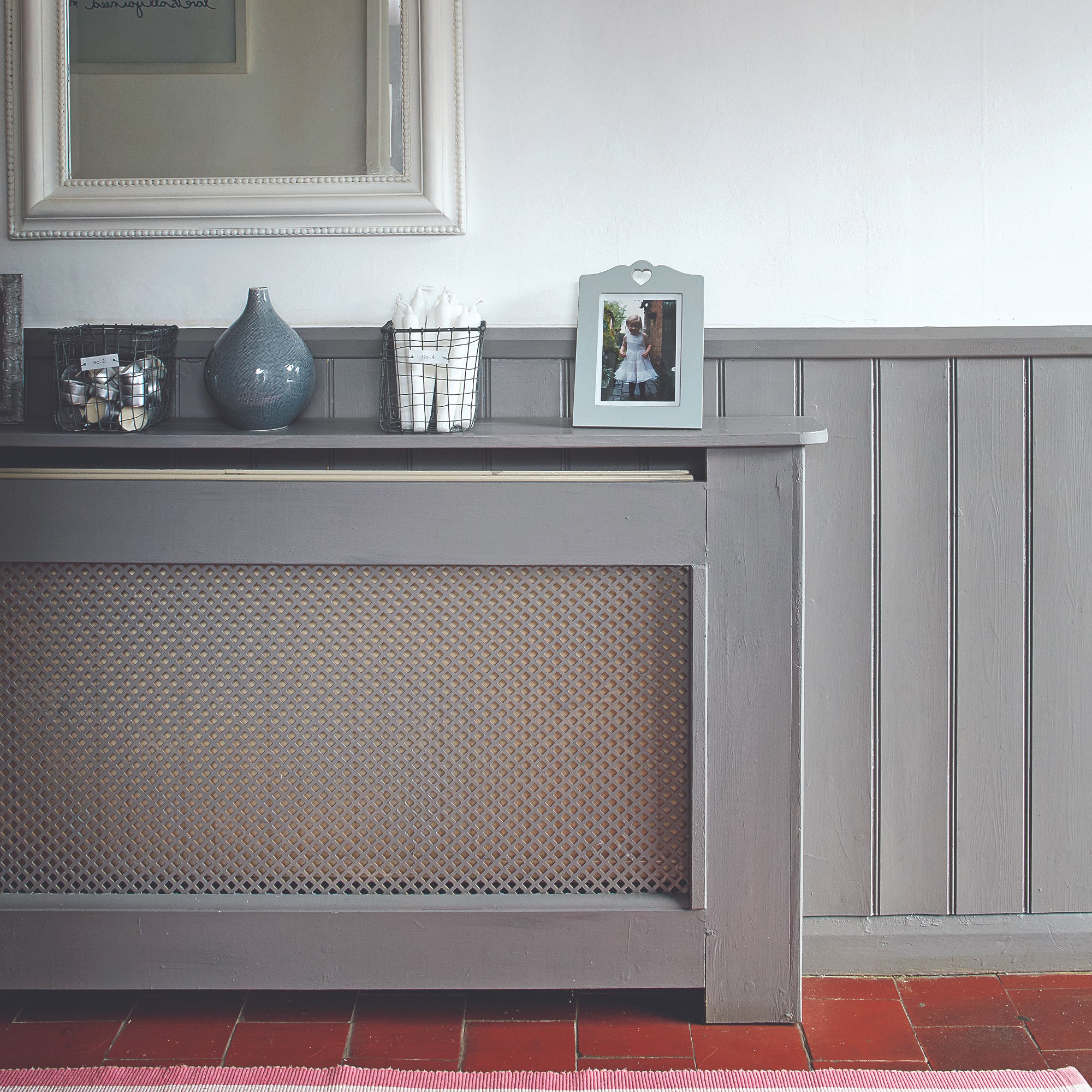
Installing a fairly inexpensive radiator reflector can also help with heat properly circulating around the room.
‘To help increase the heat output of a radiator, foil insulation can be installed behind your radiator at a relatively low cost,’ Rhiannon suggests. ‘Well-fitted radiator reflector foil could help to reduce the amount of energy needed to heat your home and could also help to keep the room warmer for longer once the heating is switched off.’
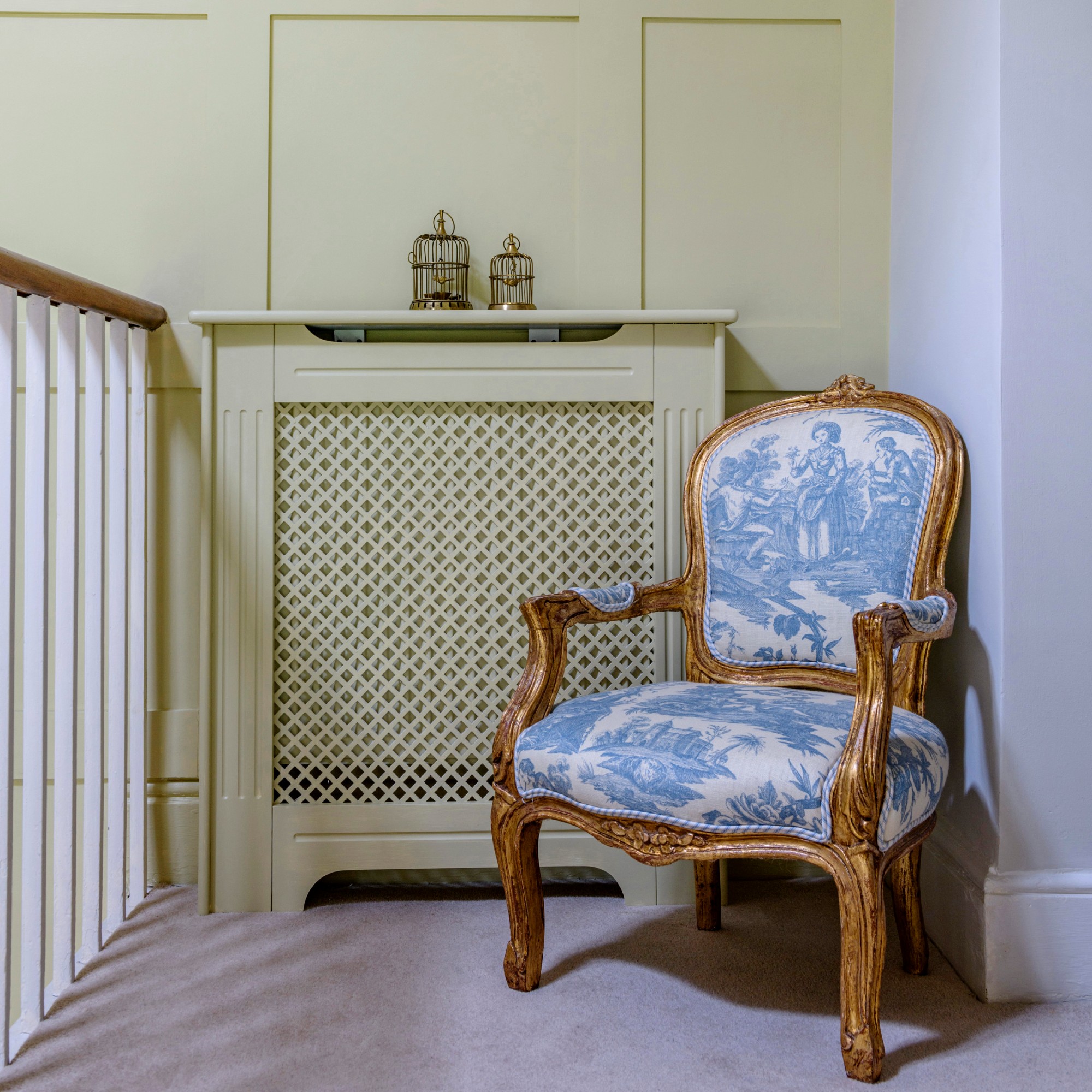
What radiator covers do experts recommend?
Not all radiator covers were made equally, and some are more likely to block heat than others. Nicholas Auckland, heating and energy expert at Trade Radiators explains that it's all about choosing a cover with the right design.
'Adequate ventilation is one of the biggest problems for radiator covers. A sufficient number of gaps and vents for airflow is therefore essential to minimise the amount of heat loss,' he says. 'Solid or poorly ventilated covers can trap heat, leading to less effective warming of the room, and energy waste.'
We choosing a radiator cover where the gaps take up at least of a third of the cover. Another thing to consider is giving your radiator - and therefore the heat - enough space to circulate.
‘It’s a good idea to have enough space between your radiator and your cover so the heat can be distributed more evenly. The gap between the radiator and the cover should be at least 5 centimetres in width, 3 centimetres in height and 3 centimetres in depth to ensure it won’t affect the BTU (British thermal unit) output,’ Nancy recommends.
Lastly, choose the material of your radiator cover wisely. 'MDF and wood radiator covers are popular options, but it's vital to remember that these materials absorb heat,' Nicholas from Trade Radiators advises.
'If your radiator cover has a shelf on top, avoid over-cluttering this as this can trap heat inside and reduce efficiency.'
Our favourite radiator covers
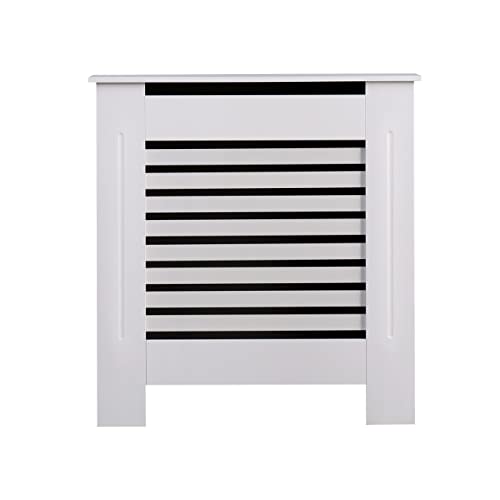
Perfect for small radiators in bathrooms or bedrooms, this radiator cover has good reviews (4.1 out of 5 stars on Amazon, from over 2,600 reviews). It's budget-friendly, but has a premium look.
FAQs
How much do radiator covers reduce efficiency?
Radiator covers block heat only slightly, especially if they have sufficient gaps for the heat to escape through. 'If a radiator cover doesn't have at least 30%-50% of its surface open to ventilate and increase airflow, then there will be a high amount of lost heat, reducing efficiency by a large amount,' Nicholas confirms.
How much heat they block also depends on their material. ‘Wooden radiator covers, which are the most common, are the least energy efficient with a study by Liverpool John Moores University revealing that they can reduce heat output by up to 40%,’ Rhiannon reveals.
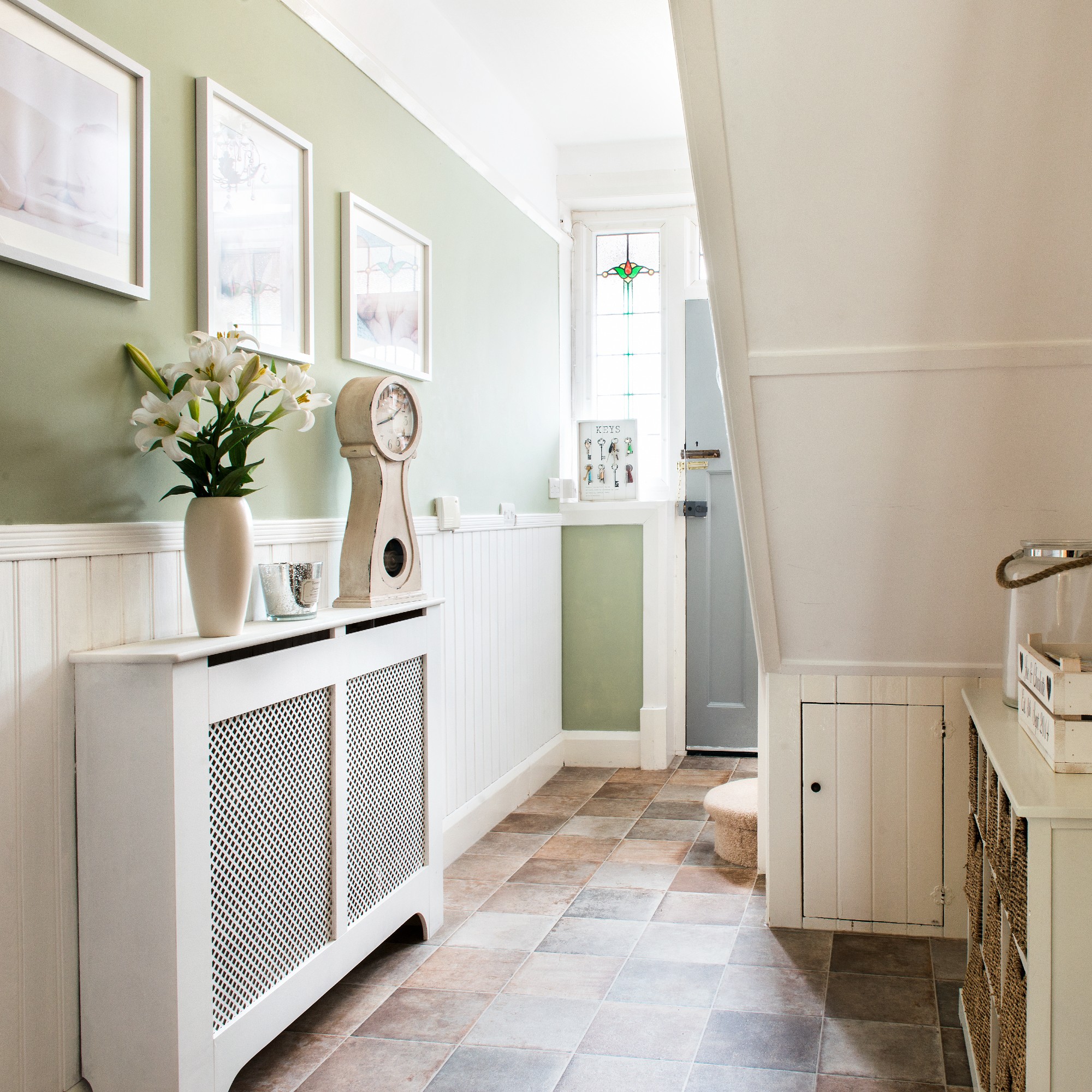
Why are radiators always under windows?
'While not all radiators are placed under windows, it's a popular location as it not only saves space (you usually won't have space to put anything else under a window), but it helps to combat any cold air that could potentially come in through the window,' Nicholas says.
On the flip side, radiators underneath windows are sometimes thought to be less efficient, because heat can escape up and out through the window. But, if there's a window ledge above the radiator, the heat is better contained.

Sara Hesikova has been a Content Editor at Ideal Home since June 2024, starting at the title as a News Writer in July 2023. She is now also the Ideal Home Certified Expert in Training on Furniture, and so far has tested 80 different sofas.
Graduating from London College of Fashion with a bachelor’s degree in fashion journalism in 2016, she got her start in niche fashion and lifestyle magazines like Glass and Alvar as a writer and editor before making the leap into interiors, working with the likes of 91 Magazine and copywriting for luxury bed linen brand Yves Delorme among others.
- Katie SimsContributor
-
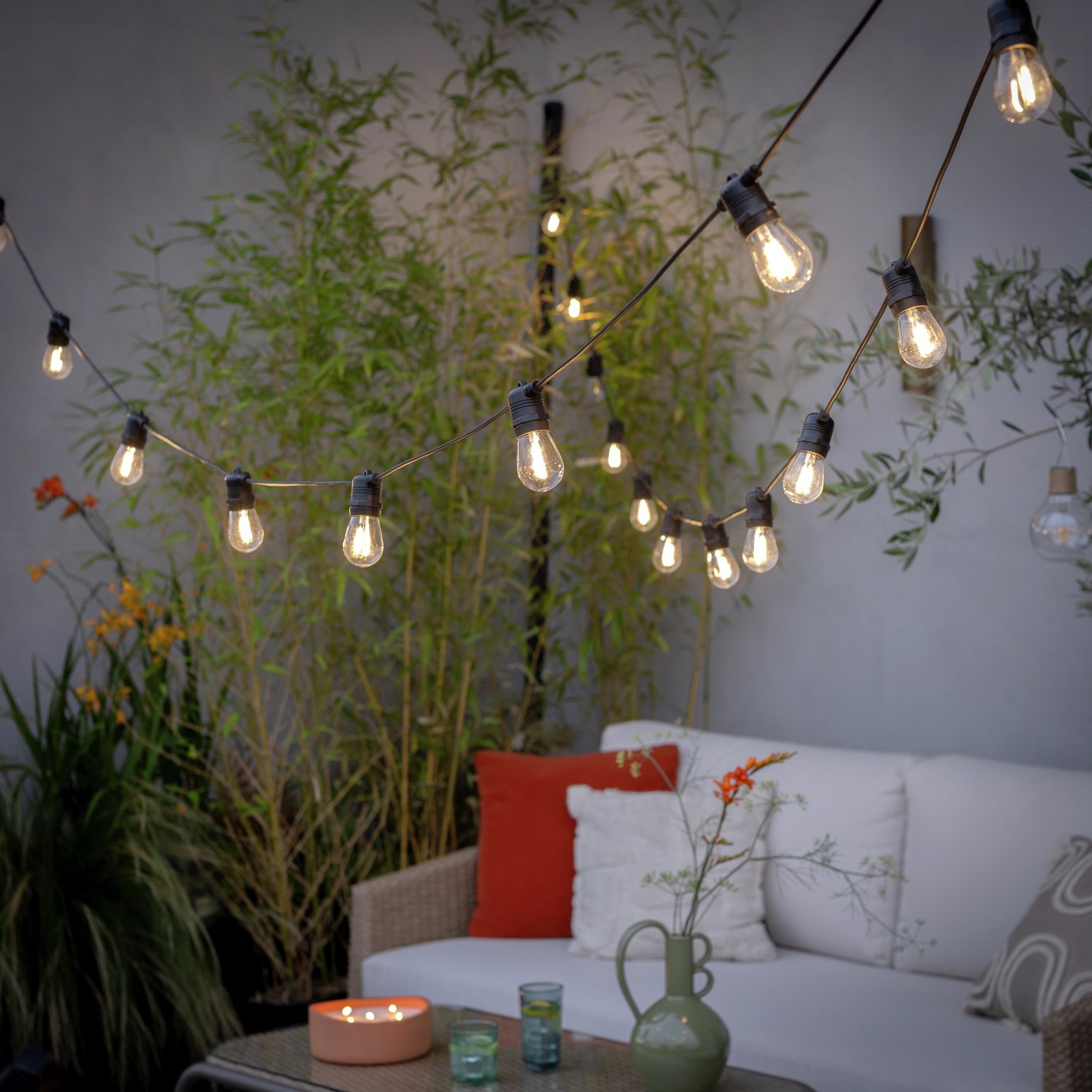 The 6 outdoor lights from Habitat that I'm choosing between to make my outdoor space look more expensive this summer
The 6 outdoor lights from Habitat that I'm choosing between to make my outdoor space look more expensive this summerI couldn’t believe some of the prices
By Ellis Cochrane
-
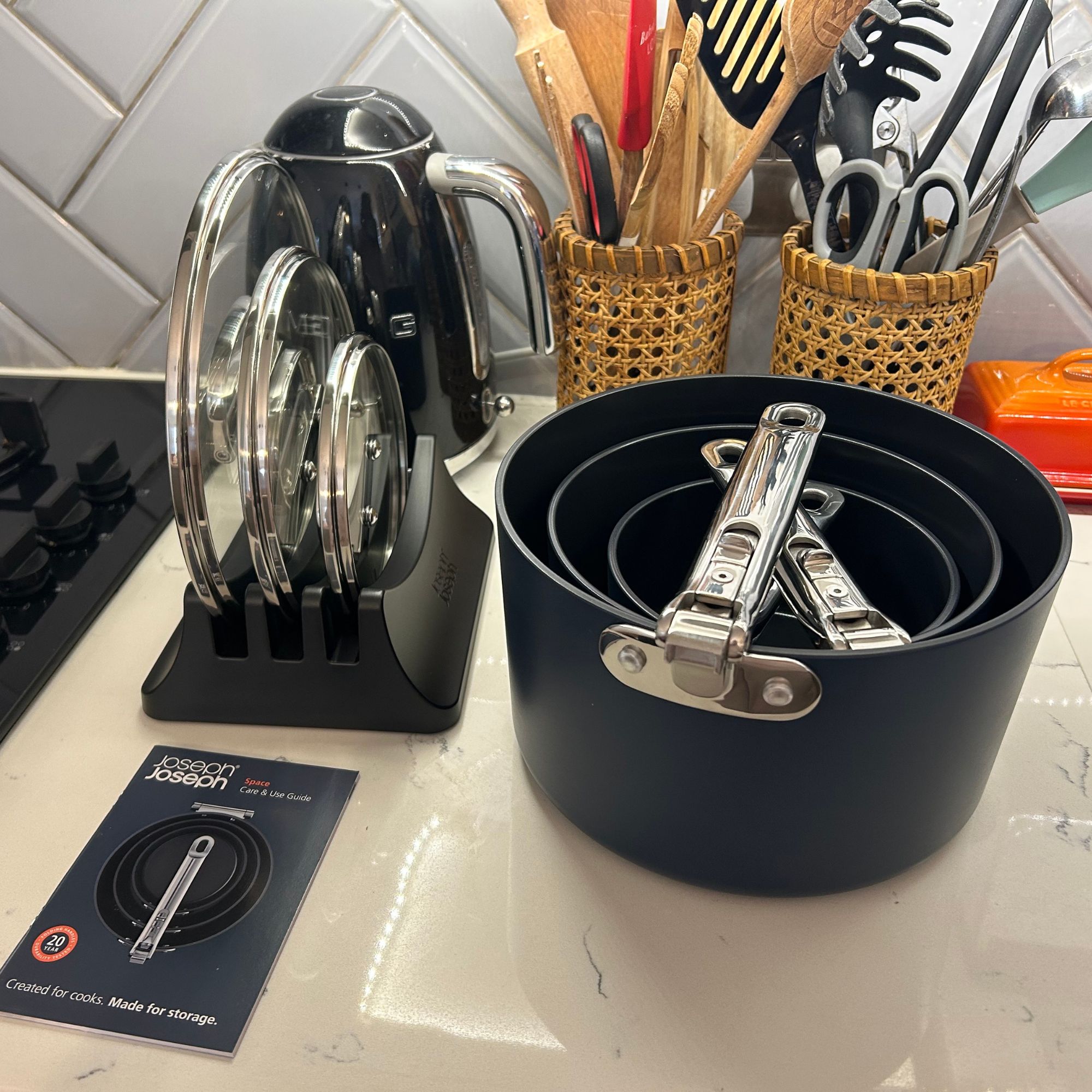 Joseph Joseph 3-piece Saucepan review – seriously space-saving
Joseph Joseph 3-piece Saucepan review – seriously space-savingSmall kitchen? I tested this innovative Joseph Joseph space-savvy set which has foldable handles — and I loved it
By Annie Collyer
-
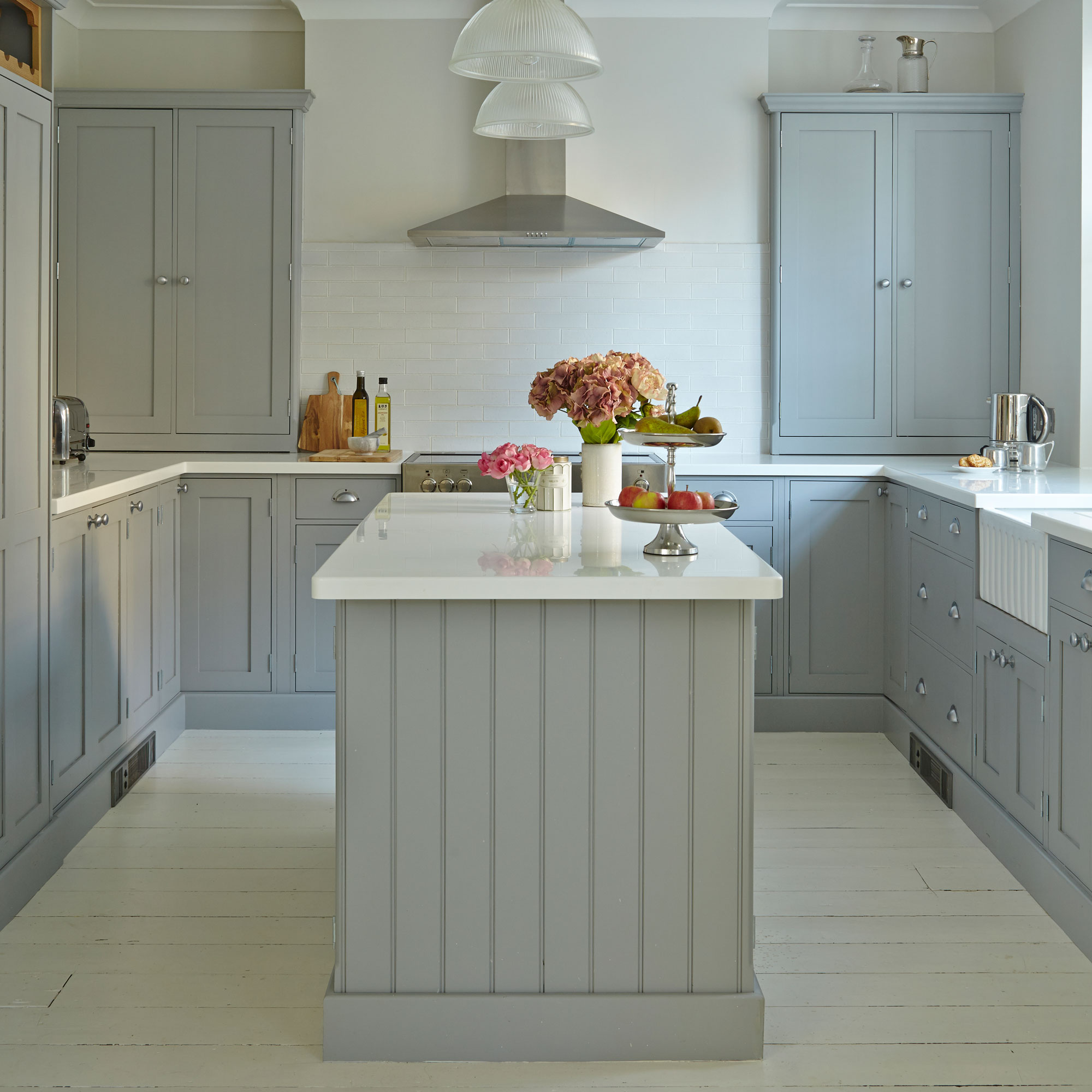 Forget seating, this is how you should be making the most out of your kitchen island in 2025
Forget seating, this is how you should be making the most out of your kitchen island in 2025Seating doesn't always have to be a necessity on an island when you can choose these ideas instead
By Holly Cockburn
-
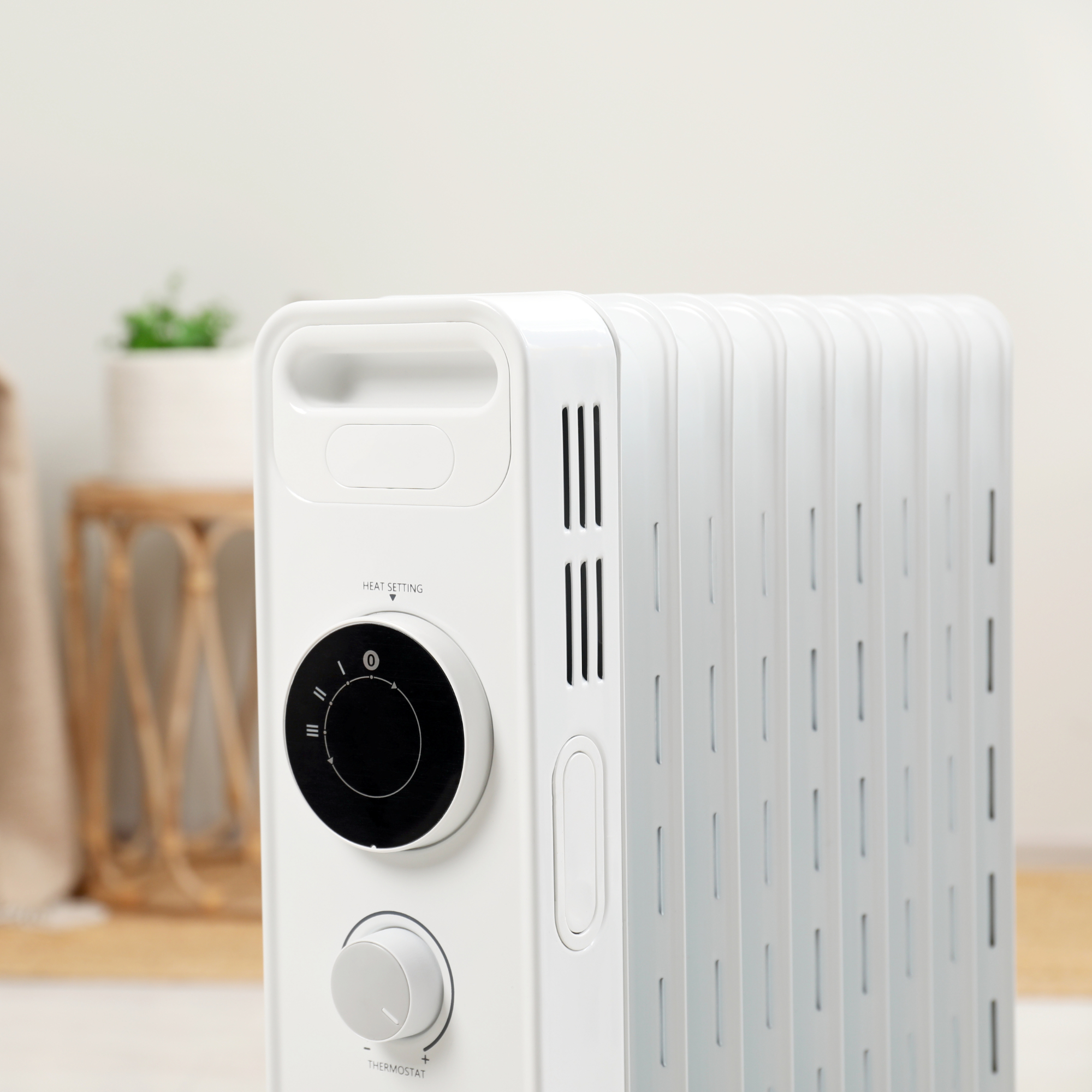 Electric heater vs electric blanket — heating experts weigh in on the effectiveness (and affordability) of these winter warmers
Electric heater vs electric blanket — heating experts weigh in on the effectiveness (and affordability) of these winter warmersConstantly cold at night? Experts weigh in on whether an electric heater or electric blanket will suit you best
By Lauren Bradbury
-
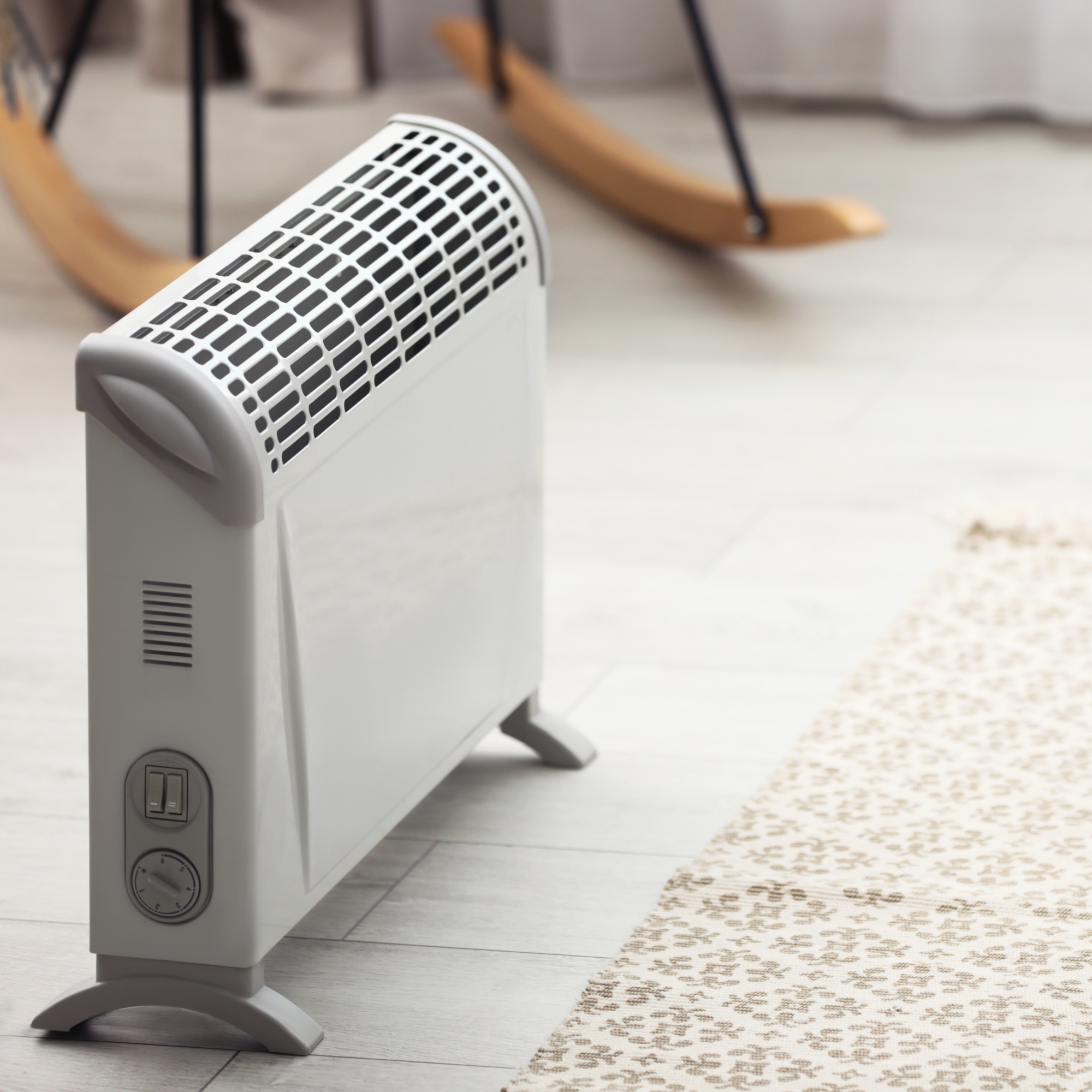 How many electric heaters do you need to heat a house? It all depends on these 5 things, according to experts
How many electric heaters do you need to heat a house? It all depends on these 5 things, according to experts5 things to consider if you want to know exactly how many you’ll need to beat the chill this winter
By Lauren Bradbury
-
 ‘This is how we saved £25,000 on our extension — it never would have been affordable otherwise'
‘This is how we saved £25,000 on our extension — it never would have been affordable otherwise'See how we turned an ugly car port into a luxury media room on a budget
By Laura Crombie
-
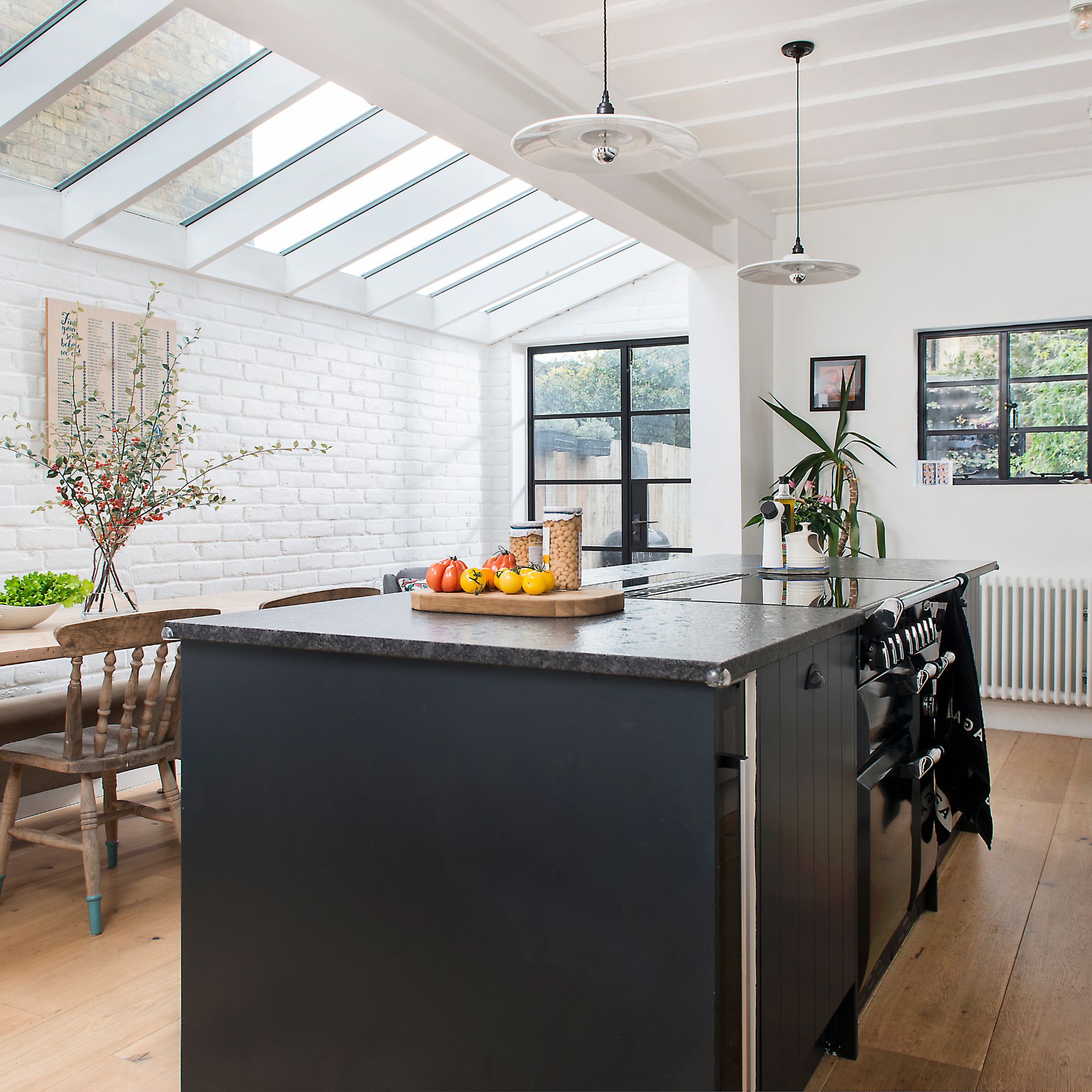 Side return extension costs — how much will it cost you to add space and will it be worth it?
Side return extension costs — how much will it cost you to add space and will it be worth it?Trying to budget for your side return extension costs? Our guide makes it easy
By Natasha Brinsmead
-
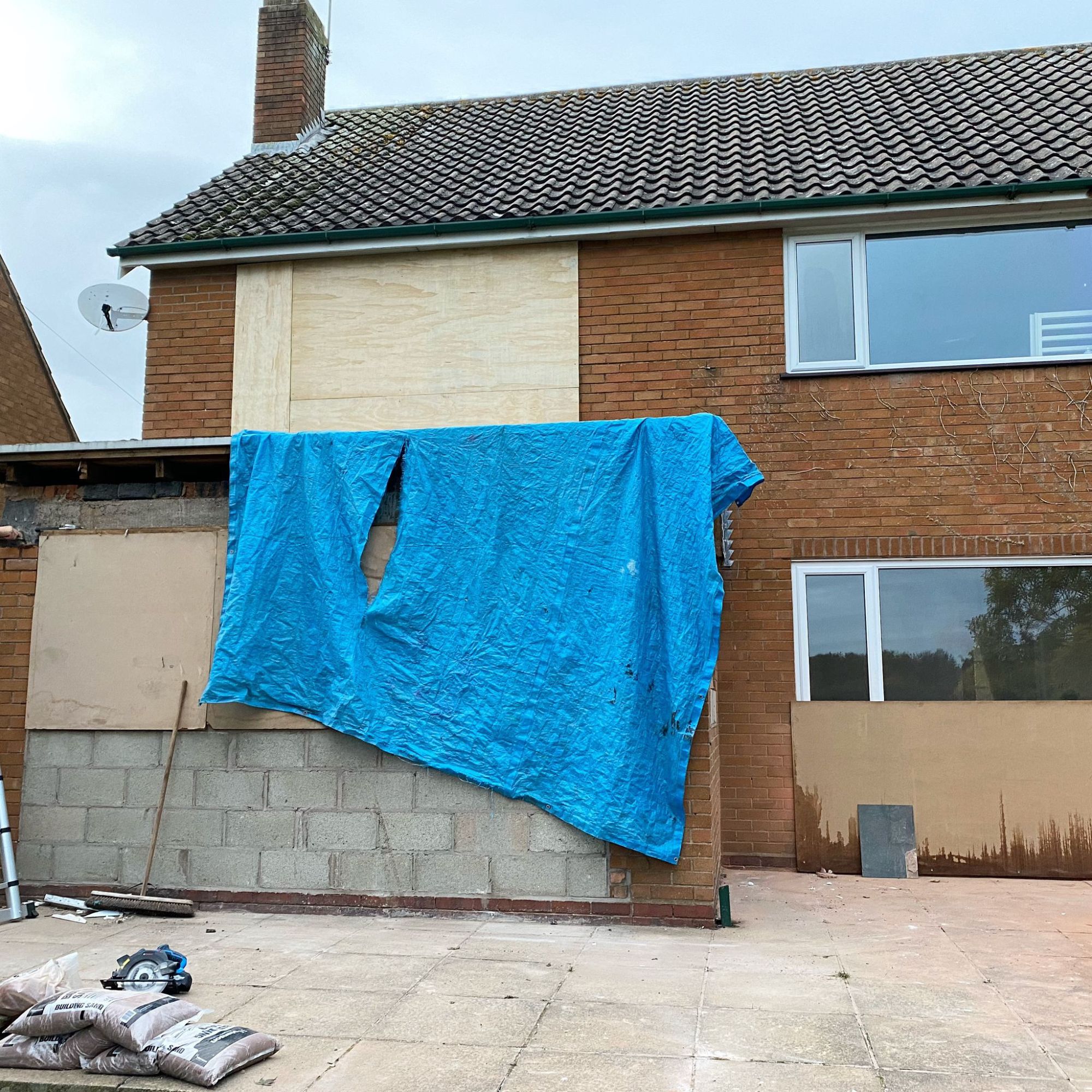 How to make the most of living on-site during a renovation project — according to those who have done it
How to make the most of living on-site during a renovation project — according to those who have done itThis is what it's like to live on-site during a renovation project, and how you can make the most of it, by those who have been there, done it and lived to tell the tale
By Sarah Handley
-
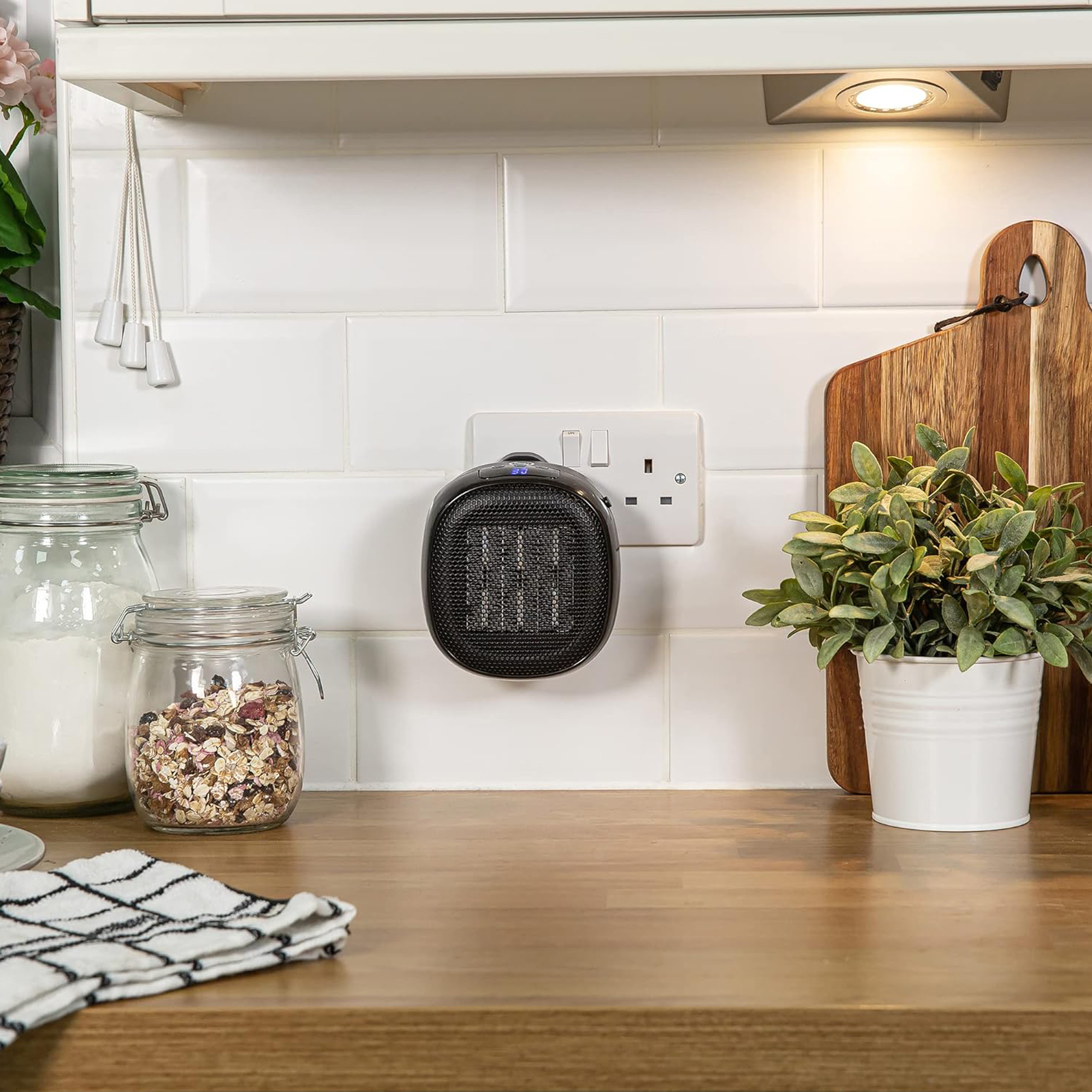 Is a ceramic heater or oil-filled radiator better for warming a home? The pros and cons to consider before investing
Is a ceramic heater or oil-filled radiator better for warming a home? The pros and cons to consider before investingWe spoke to industry experts to help you decide which heater to invest in to warm up your home
By Eilidh Williams
-
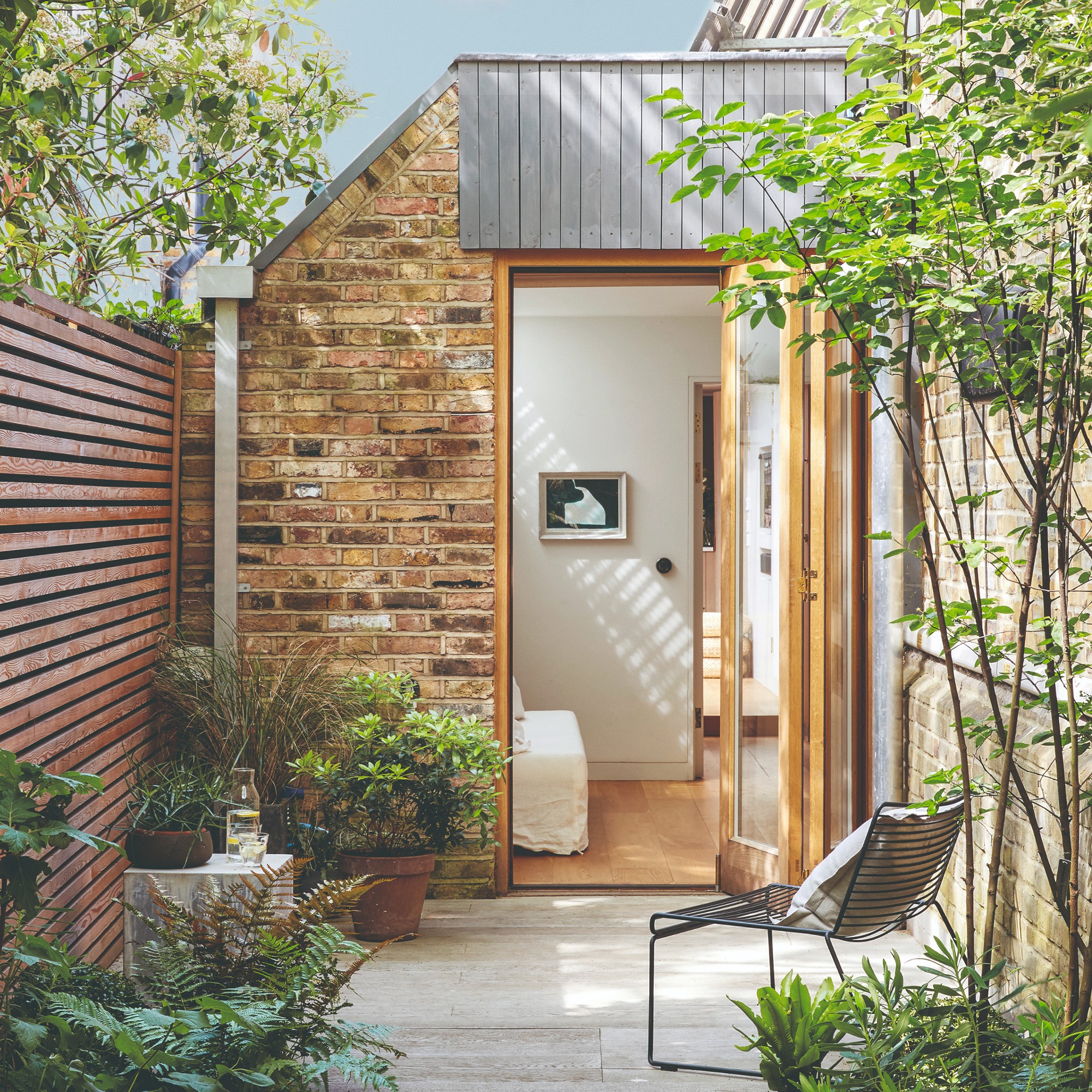 Single storey extensions — the ultimate guide to adding more space to your home
Single storey extensions — the ultimate guide to adding more space to your homeConsidering a single storey extension as a way to add space and value to your home? Our expert guide takes you through everything you need to know, from permissions and budgeting to foundations and the realities of living on-site
By Natasha Brinsmead
-
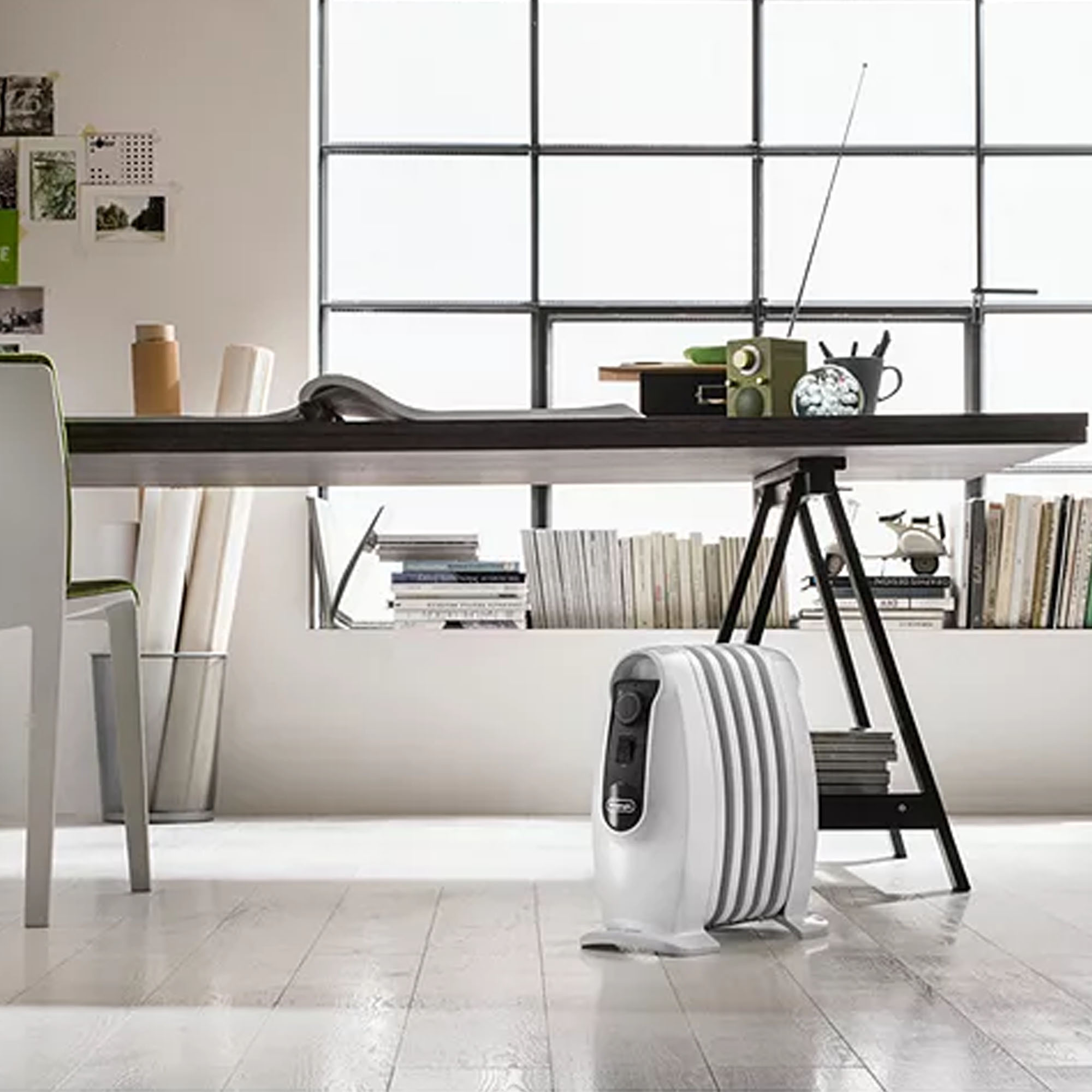 Can I leave an oil filled radiator on overnight? – Here’s what you need to know
Can I leave an oil filled radiator on overnight? – Here’s what you need to knowWe asked the experts about the practicalities, both in terms of safety and your energy bills
By Ellis Cochrane
